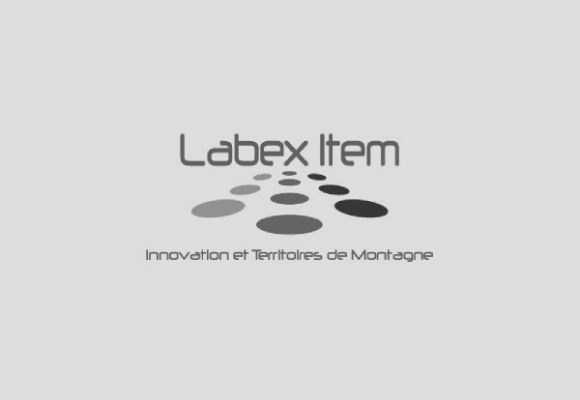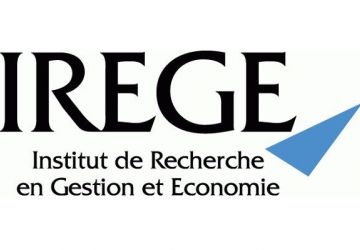Projet de recherche
Evaluation de la performance et aide à la décision pour la rénovation des habitations de montagne : le cas des stations de moyenne montagne
Du 01/04/2015 au 01/04/2016

The winter sports resorts, and general mountain areas, represent a real stake today in several respects. Indeed, tourists, owners, economic and institutional actors of the territory all have varied interests and expectations, which however converge on mountain recreation. Tourism is the essential engine of development stations. Today, the evolution of mountain stations is questioned by new phenomena related to tourism, residential and economic mutations that challenge the resilience of these territories.
The rehabilitation of the station as a whole, and particularly housing stock renewal, are now major challenges for the future of these stations, especially those of medium altitude territories. Indeed, simple rehabilitation and upgrading, while retaining the same tourist use, seems a priori hardly possible given the climatic and economic developments. This raises the question of whether to rebuild, modify or restore with a change of usage. This issue is complex because it involves different actors who may have conflicting objectives: the owners or co-owners, managers, users and municipalities. The specificity of this problem is therefore the collective nature of the decision. These concerns related to heritage preservation and tourism and economic development of mountain resorts involve broader governance (Gerbaux et al., 2004).
This study has the aim to help decision makers as to the emergence of local innovations and concrete proposals from the perspective of overall performance. The aim of the project is to help stakeholders to federate around a common project and boundary objects, understood as collective spaces (Star and Griesemer, 1989). The assumption is that these objects, if they are sufficiently adaptable and accessible, can foster cooperation between the various partners, help collective work and practices to converge around a stable and coherent joint project, and thus promote territorial innovation (Chia et al. 2008).
This research thus aims to answer the following question: how to think outside the planning and development of mountain territories? We discuss it in terms of the participation of owners / residents / tourists to collective thinking and broader governance.
Institutions partenaires

Institut de Recherche en Gestion et Economie (EA2426)
Porteur du projet

 Facebook
Facebook Forward
Forward Google+
Google+ LinkedIn
LinkedIn Twitter
Twitter



